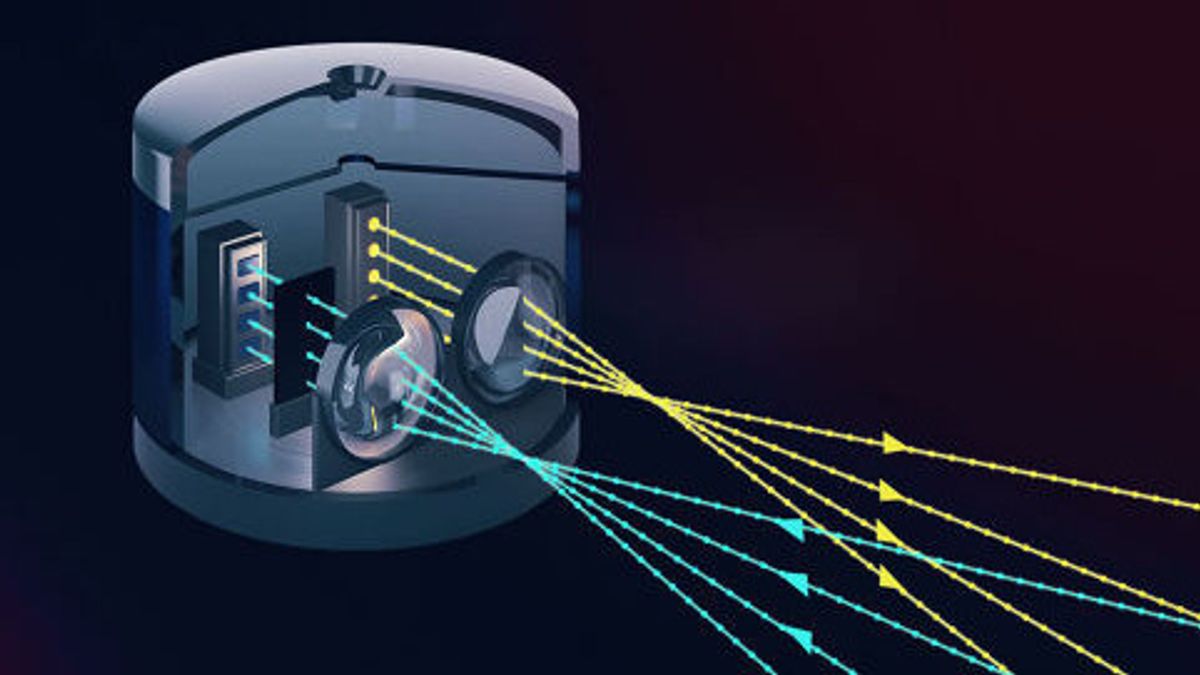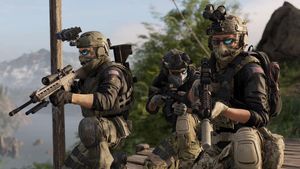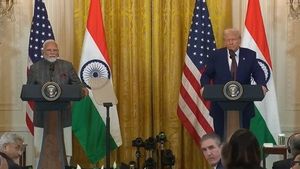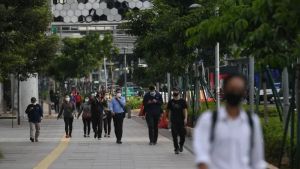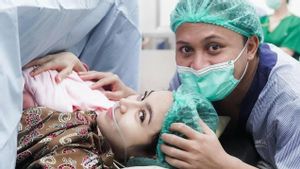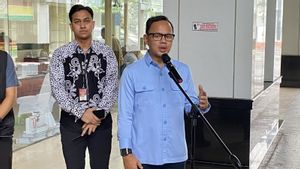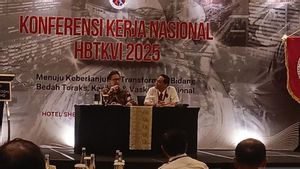JAKARTA – A unit of Toyota Motor, Woven Planet, has joined forces with Tesla Inc in their efforts to try to advance self-driving technology without expensive sensors such as lidar.
Woven Planet told Reuters it could use cheap cameras to collect data and effectively train its self-driving system. This is a "breakthrough" that is expected to help lower costs and increase technological capabilities.
Collecting diverse driving data using a large fleet of cars is essential to developing a robust self-driving car system, but it is expensive and ineffective.
Tesla has been betting on its product cameras to collect data from more than 1 million vehicles on the road to develop its automated driving technology. Alphabet Inc's Waymo and other self-driving car companies are adding expensive sensors like lidar to a small number of vehicles.
“We need a lot of data. And it's not enough to just have a small amount of data that can be gleaned from a small fleet of very expensive autonomous vehicles," said Michael Benisch, VP of Engineering at Woven Planet, in an interview with Reuters.
"Instead, we're trying to show that we can unlock the advantages that Toyota and major automakers have, namely access to very large data sets, but with much less precision," said Benisch, former director of engineering in Lyft's self-driving division. which Toyota acquired last year.
SEE ALSO:
Woven Planet uses a camera that is 90% cheaper than the sensors used previously and can be easily installed in a fleet of passenger cars. By using most of the data coming from low-cost cameras, Woven has increased the performance of its system to a similar level, when the system was trained exclusively on high-cost sensor data.
He also said that Toyota will still use some sensors such as lidar and radar for robotaxis and other autonomous vehicles to be deployed on the road, as it currently appears to be the best and safest approach to developing robotaxis.
"But in the next few years, it's very likely that camera-type technology can catch up and overtake some of the more sophisticated sensors," he said.
"The question is probably more about when and how long it will take to reach that level of security and reliability. I'm sure we don't know that yet," he said.
Tesla CEO Elon Musk also said he could achieve full autonomy with cheap cameras this year after missing his previous target several times.
The English, Chinese, Japanese, Arabic, and French versions are automatically generated by the AI. So there may still be inaccuracies in translating, please always see Indonesian as our main language. (system supported by DigitalSiber.id)
